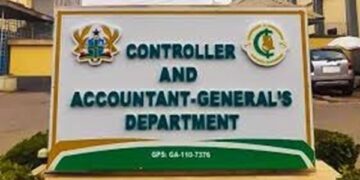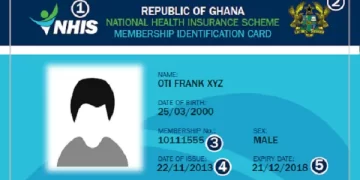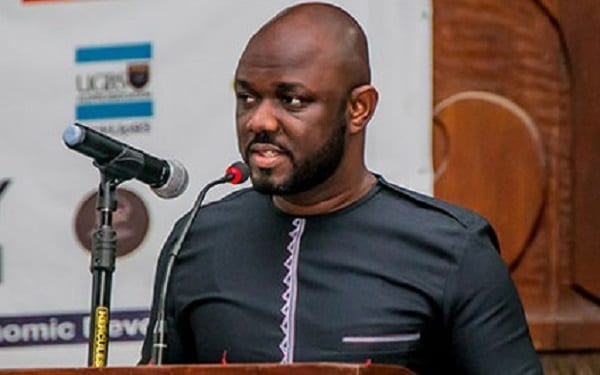Government is “paying for failing to invest in power transmission systems over time”, resulting in the current power outages being experienced by consumers of electricity, Benjamin Boakye Executive Director of the Africa Center for Energy Policy (ACEP), has said.
Mr Boakye is worried, though Ghana had managed to overcome her power generation bottlenecks after 2015, managers of the state subsequently “have not prioritised renewal energy sources and infrastructure to cut losses in distribution.
For ACEP, which has done comprehensive study of the power sector and the challenges bedeviling it over the decades, “excuses shouldn’t be made in this 21st century for problems that could” easily be resolved.
Just in 2019, “system losses were pegged at 4.7% of generated power, a 19.4% surge from 2018.
By the end of mid-2020, these losses had increased to 5.28%” power generated.
According to Benjamin Boakye, power distribution “losses of 26.63% was some 3.4% higher than the 23.2%” in the first three months of last year.
He laments, the fundamental issues of transmission after Ghana had tried to resolve its generational challenges is accounting for the constant outages being faced by Ghanaians.
To “properly plan for these power objectives, Government should have been committed to renewable energy sources” but that is not case, he adds.
Recent power issues in the country continue to be a major concern for most Ghanaians despite the government’s assurance of constant electricity supply.
For them, the current situation does not really paint a good picture as government suggests.
They have huge fears that the most dreaded erratic supply of power popularly referred to as “dumsor” has returned.
Since the beginning of 2021, parts of the country have consistently been plunged into a state of darkness often without prior notice.
The situation affects the everyday lives of Ghanaians, especially those who rely on electricity to run their businesses. They have decried the impact of the situation on trading activities.
On social media, in particular, there has been a lot of conversation about the worrying trend with those suspecting a looming power crisis calling on authorities to publish a timetable if need be.
But, the power transmission company, the Ghana Grid Company Limited (GRIDCo) has reiterated that the situation is not being caused by generation challenges but rather, ongoing maintenance and repair works on a number of its equipment and plants.
Read also: ECG must overhaul monitoring system to ensure proper accountability of consumption – ACEP
SOURCE: 3NEWS.COM



























